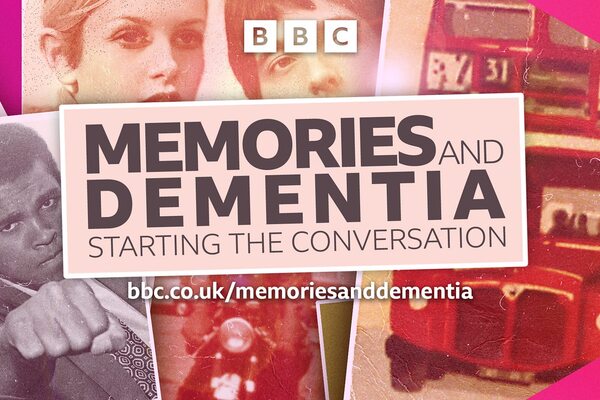Early speech-related signs of Alzheimer’s disease: a summary of a recent article from The Conversation
Dementia affects 10 million people globally each year, with Alzheimer’s disease being the most common cause. In the UK, around one million people currently live with dementia, a number projected to rise to 1.6 million by 2050. Alzheimer’s is a progressive brain disease that impairs memory and thinking skills, and early detection is crucial for accessing appropriate support and treatment.
One of the early indicators of Alzheimer’s is changes in language and speech patterns. Here are five key speech-related signs to watch for:
Pauses, hesitations, and vagueness
People may struggle to recall specific words, leading to frequent pauses, hesitations, or vague descriptions (e.g. saying “thing” instead of the correct term).
Using incorrect words
They might replace words with others from the same category (e.g. saying “cat” instead of “dog”) or use overly general terms.
Talking about a task instead of doing it
Instead of completing a task, they may discuss their doubts or past abilities, such as saying, “I used to be good at this.”
Reduced vocabulary variety
Simpler language and repetitive word choices become more common, along with excessive use of connecting words like “and” or “but.”
Difficulty naming objects or groups
Struggling to list items in a category (e.g. foods or body parts) can indicate cognitive decline.
Age is the biggest risk factor, with Alzheimer’s risk doubling every five years after 65. However, early-onset Alzheimer’s can also affect younger individuals. While occasional word-finding difficulties are normal, persistent and worsening language issues may signal the onset of the disease. Recognizing these signs early can help individuals and caregivers seek timely intervention.
Read the full article at The Conversation here
How can My Life Films help people living with Alzheimer's and other forms of dementia?
Our innovative streaming service My Life TV offers a wide variety of carefully selected and created content to meet the cognitive needs of people living with dementia. The wide range of programmes include specially produced quizzes, singalongs, drawing and chair yoga, as well as animal and nature programmes, feel good content, popular shows from the 1960s onwards and more.
It has been seen to improve the mood and wellbeing of people living with dementia, providing moments of calm, joy or stimulation as needed.
Here's My Life TV in action, being enjoyed by some residents at Cecil Court Care Home:








